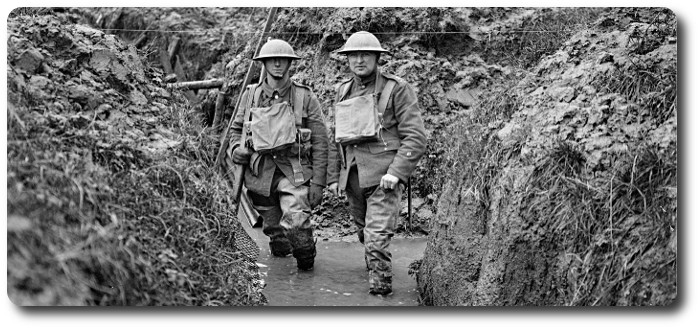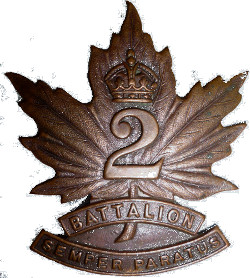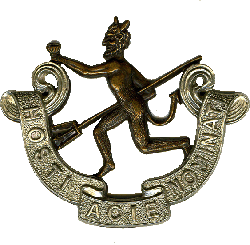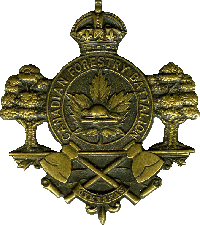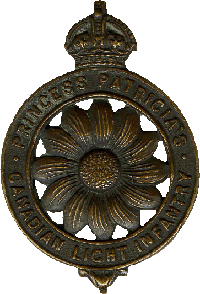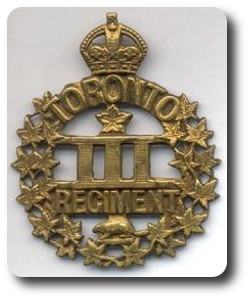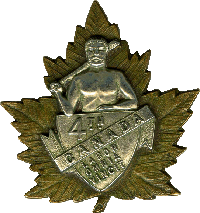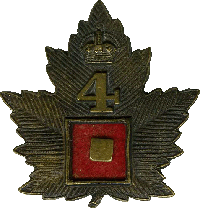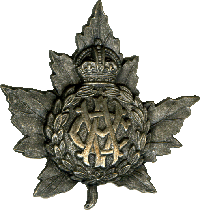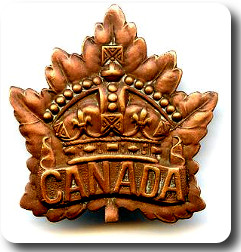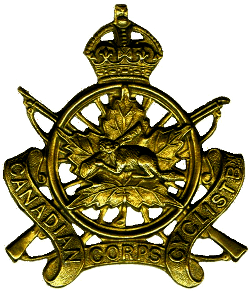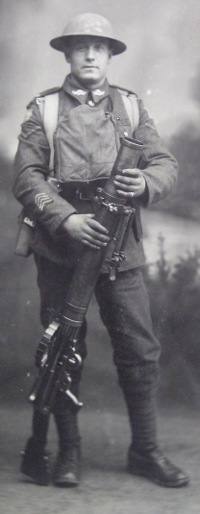Topic: Soldier Slang
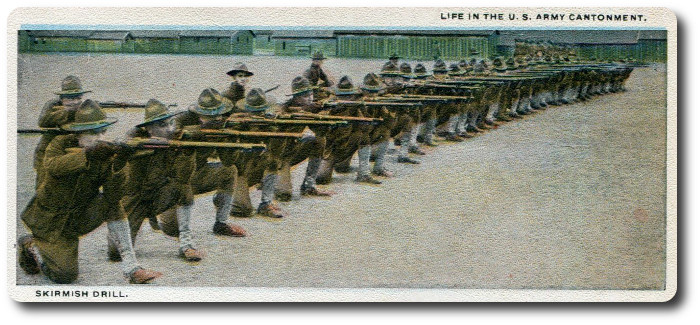
The Soldier's Slang (US Army, 1909)
Army Vernacular as Odd as That of the Navy
Many Queer Expressions
A Man Just Enlisted is Called "a Rooky," and men Who Enlist at the Beginning of Winter and Desert in the Spring Are Called "Snowbirds."
The Ottawa Free Trader, Ottawa, Illinois, 9 July 1909
The army has just as odd a vernacular as the navy. To the uninitiated some army expressions would convey little or no sense, as, for example, if a soldier were heard to say, "The top told me to report for kitchen police and help skin the spuds for slum for supper," the hearer would have several guesses before he would come anywhere near what this meant in the patter of the barracks.
In plain language, it means that the first sergeant (the ranking or orderly sergeant) had told him to report to the cook to assist him in peeling the potatoes to make the hash or stew for supper. Hash or stew is always "slum," and the first sergeant is "the top;" "kitchen police," a man who assists the cook in the preparation of meals and the washing of dishes, pans, etc.
A man who has just enlisted or who has not yet been in the ranks long enough to be considered a full-fledged soldier, having learned all his duties, is called "a rooky," and woe be unto the "rooky" who gets "fresh" before old sergeant who has been in the ranks since before the fresh "rooky" was born! He will be told in any but gentle terms by the old timer: "Shut up and go about your work. Your name is not yet dry on your enlistment paper!" meaning that when he was sworn in and promised to serve for three years and obey the "orders of the president and the officers appointed over him" he had signed his name to this paper and the signature had not had time to get dry.
When a man says he is going to "take on" or "take on another blanket," he means that he is going to re-enlist. The government, in the clothing allowance for each man, provides a blanket; hence the term to "take on another blanket."
The guardhouse is called "the mill." Some ill-behaved soldier away back in the past (the term is a very old one) no doubt thought his term in the guardhouse ground out toward its end very slowly, so he applied this now much used name to the prison of the garrison.
When "the top" says, "Get your blanket and go to the mill," the soldier knows he is in for a tour of duty in the guardhouse, and his blanket means one of more nights, for in that much to be avoided place nothing is supplied in the way of comforts, and each occupant carries with him his blanket, or more if he has them, to make his rest more comfortable.
All meals are called "chuck," and along toward mealtime the expression, "Is it not time for chuck call to blow?" is heard very frequently.
"Snowbirds" are men who enlist in the winter about the time the snow begins to fall and the real snowbird puts in is appearance and desert in the spring when the robin appears. They "take on" only to tide over the winter with its discomforts.
The oldest man in the company is "dad" and the youngest "the kid."
Any deserter is called a "skipper."
Two men who share the same small tent or whose bunks are side by side in the barrack room are called "bunkies." This ancient term originated in the days of the very old army, when the bunks were "built for two" and two men slept side by side on a mattress filled with straw and one blanket apiece, much different from today, when each man has his hair mattress, pillow, sheets and blankets. A "bunkey" always has a chew or a filling for a pipe for his mate, when he might tell another man that he has not enough weed to "put under your nail."
All fines received in court are called "blind," so that a man who received ten days in the guardhouse and a fine of $5 would tell his comrades that he "got ten days in the mill and five blind."
The commanding officer of a company or the post is always the "old man." If he is not liked other terms, not parlor talk, are used.
All field musicians are called "wind jammers" on account of their jamming of wind into a trumpet that calls the men to labor or rest.
Every man on the completion of his term of enlistment is given a discharge. At the bottom of his paper in olden times was a space in which the character borne by the man during his enlistment was written. If his service had been bad this part of the discharge was cut off, and it was called a "bobtail." In speaking of the length of time a man had to serve before he had completed his term of enlistment the term "butt" means less than a year. So to say he has a year and a little less than two years he would say "a year and a butt."
There are a number of men in the ranks who save their money and lend it to others. The rate is very high. If a man borrows $2 he must pay $4 at pay day. This is called "cent per cent."


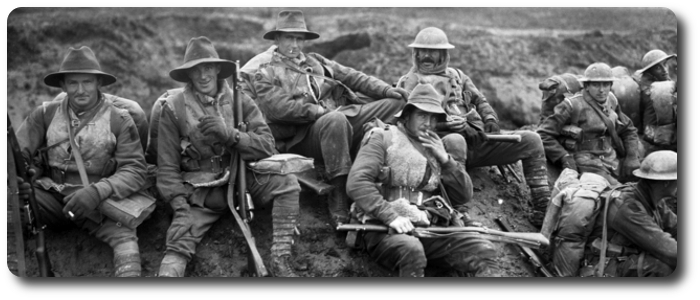
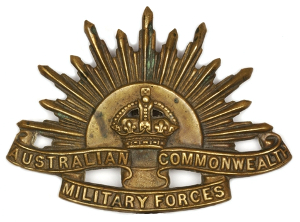 A comprehensive list of the unique words and phrases coined and used during the Greta War would require a volume; and what an interesting book it would be. Some of them—surprisingly few—have become part and parcel of everyday language; the majority, however, are quickly passing into oblivion, being only remembered when a few old comrades foregather at the anniversary of the armistice or the celebration of ANZAC and other memorable days.
A comprehensive list of the unique words and phrases coined and used during the Greta War would require a volume; and what an interesting book it would be. Some of them—surprisingly few—have become part and parcel of everyday language; the majority, however, are quickly passing into oblivion, being only remembered when a few old comrades foregather at the anniversary of the armistice or the celebration of ANZAC and other memorable days.
